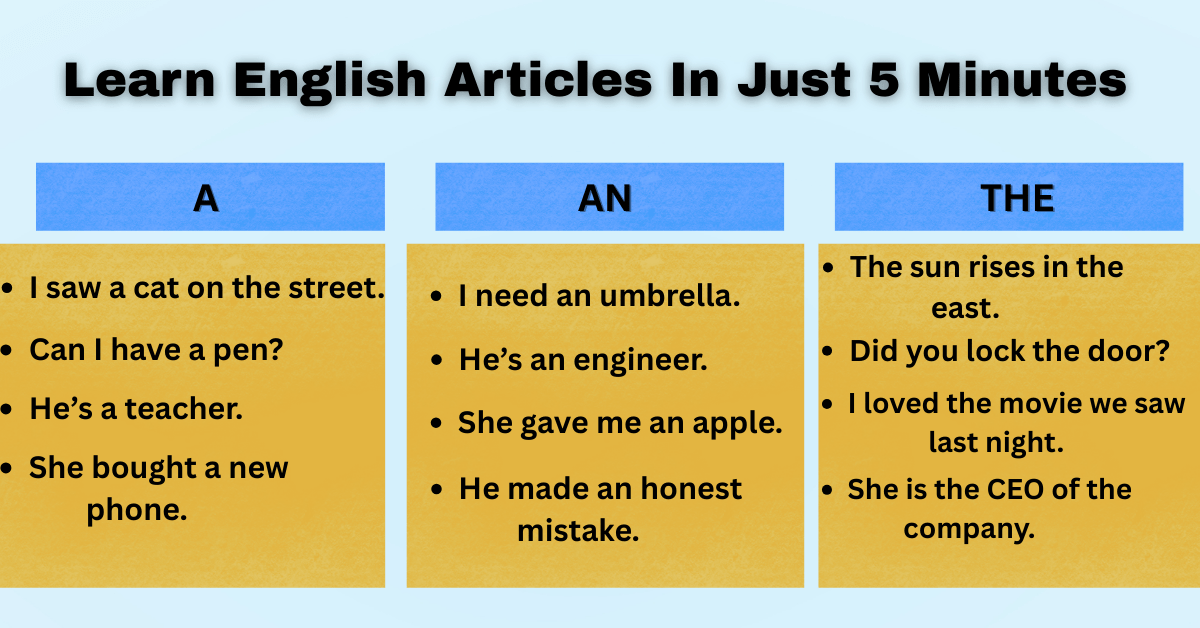Learning English in 2025 is no longer just about memorizing grammar rules or binge-watching YouTube videos. If your goal is to speak fluently, you need a course that offers real-time speaking practice, feedback, and consistent engagement. But with so many options, how do you choose?
In this blog, we’ve compared the most popular and best English speaking courses online based on:
- Speaking Practice Quality
- Expert Interaction
- Flexibility & Ease of Use
- Price & Affordability
Whether you’re looking for the best English app to speak fluently, or want to know how to speak English confidently online, this blog will help you choose from the top spoken English practice apps in India. These are some of the best English speaking courses online that offer results.
Here’s a detailed side-by-side comparison to help you make an informed decision.
Comparison Table
Platform |
Practice Method |
Best For |
Price Range |
Unique Feature |
Pros |
Considerations |
| EngVarta | 1-on-1 phone calls with English experts | Fluency, confidence, real-world speaking | ₹ Affordable | Live conversations + expert corrections | Human interaction, budget-friendly, real-time feedback, no video pressure |
Very focused on speaking – great if that’s your top goal
|
| Cambly | 1-on-1 calls with native speakers | Accent training, advanced learners | $$$ Expensive | Native tutors with flexible scheduling | Native speakers, wide tutor pool, flexible hours |
Higher pricing; may feel less structured for beginners
|
| Duolingo | Gamified exercises | Vocabulary & beginners | Free/₹ Paid | Bite-sized lessons, engaging UX | Fun, habit-forming, good starting point |
Lacks real-time speaking practice
|
| British Council | Modules + live classes | Structured learners & certifications | $$ Moderate | Globally recognized certification | Professional setup, trusted globally, includes live instruction |
Feels academic; may not suit casual learners
|
| Udemy | Pre-recorded video courses | Self-paced grammar improvement | ₹ Low | Lifetime access with 1-time purchase | Affordable, flexible, huge course variety |
Doesn’t offer live classes or speaking practice
|
| FluentU | Immersive video content | Listening & casual expressions | $$ Moderate | Learn through real-world video clips | Learn from context, exposure to native expressions |
No live practice; mostly passive listening
|
| Preply | Private tutors on demand | Personalized learning | $$ – $$$ | Choose tutors by skill, price, and reviews | Customized learning, wide tutor selection |
Quality varies; consistency depends on tutor
|
| Hello English | App with Indian language support | Beginners from regional backgrounds | Free/₹ Paid | Bilingual support + grammar games | Regional support, good grammar basics, interactive UI |
Not ideal for advanced learners or real-time fluency
|
| ELSA Speak | AI speech recognition | Pronunciation improvement | $$ Moderate | Feedback on pronunciation using AI | Great for clarity and accent training |
Limited to pronunciation; no conversation practice
|
| YouTube/Podcasts | Passive listening & learning | Free resources and casual tips | Free | Great for supplementing active speaking practice | Unlimited content, free, varied styles |
No feedback loop; lacks progression or structure
|
Quick Course Snapshots
If you’re on the hunt for the best English speaking course online, here’s how each one compares:
-
EngVarta
If you already know English but struggle to speak fluently, EngVarta is built for you. You speak with live experts daily via phone calls. No recordings, no awkward video calls. Just real conversations and gentle corrections to boost your confidence.
-
Cambly
Great for interacting with native speakers and refining your accent. Cambly is flexible and offers a wide range of tutors, but it’s one of the most expensive options.
-
Duolingo
Best suited for absolute beginners. While you won’t get any real conversation practice, it’s helpful for vocabulary building in a fun, gamified way.
-
British Council
Highly structured with options for live sessions. Best for learners who need certification or want a formal learning experience.
-
Udemy
A budget-friendly choice. You get video-based courses from experienced teachers. Not interactive, but great for grammar and comprehension.
-
FluentU
Uses pop culture, movie clips, and news to help you learn English naturally. Great for listening skills and learning native expressions.
-
Preply
Flexible platform to connect with a variety of tutors. You can filter by price, accent, language, etc. Personalization is key, but quality varies.
-
Hello English
Especially useful if you are from a non-English background and prefer bilingual explanations. It uses gamified lessons for vocabulary and grammar.
-
ELSA Speak
AI-powered app that listens to your pronunciation and gives real-time feedback. Great for accent training, not for fluency or conversation.
-
YouTube & Podcasts
Thousands of free channels to follow. Ideal for passive learning, inspiration, or tips, but lacks structured progression or feedback.
Conclusion: Which One Should You Choose?
If you want to actually speak English every day, choose platforms like EngVarta or Cambly that provide real interaction.
- Budget-friendly + real practice? Go with EngVarta
- Native interaction + advanced accent focus? Try Cambly
- Self-learners or grammar buffs? Explore Udemy or British Council
No matter your goal, there’s a best English speaking course online to match your needs.
Remember: Watching content won’t make you fluent. Only speaking will.
Frequently Asked Questions
-
Can I learn to speak English online for free?
Yes, you can start with Duolingo, Hello English, and YouTube. However, to improve fluency, paid apps offering real practice like EngVarta are more effective.
-
Which spoken English app is best in India?
EngVarta and Hello English are both tailored for Indian learners. Hello English is good for beginners, while EngVarta is better for fluency.
-
How can I speak English confidently online?
Consistency is key. Apps like EngVarta and Preply help you practice daily, build confidence, and receive feedback from real humans.
-
What is the best English app to speak fluently?
EngVarta tops the list for fluency-focused learners as it provides real conversations and expert guidance over calls.
-
What is the best English speaking course online in 2025?
EngVarta and Cambly are among the top choices for real-time speaking practice. EngVarta is ideal for Indian learners looking for confidence, while Cambly suits those aiming to interact with native speakers. These platforms consistently rank among the best English speaking courses online.















